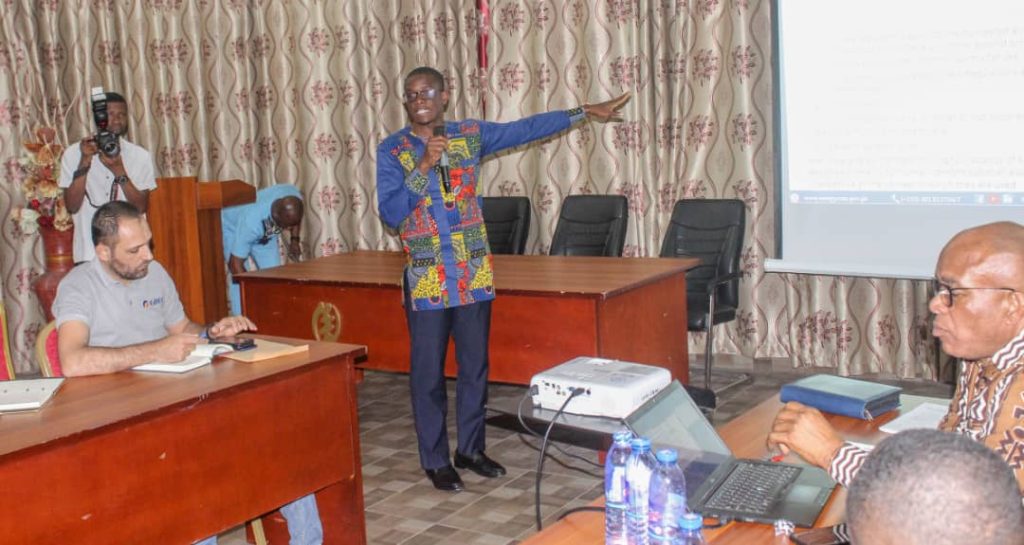By Morkporkpor Anku
Accra, March 13, GNA – The Energy Commission will, effective November, 2023 commence the enforcement of the Energy Efficiency Standards and Labelling Regulations 2022.
The Regulations are to promote the effective use and conservation of energy in the country and mitigate related climate change issues.
It will provide the enforcement of Standards and Labelling of appliances, products information sheets for the appliances and registration of the models in the appliances energy efficiency register.
Mr Kofi Agyarko, the Director of Renewable Energy, Energy Efficiency at the Commission, explained that the enforcement would begin this year because the regulations provided a one-year transitional period to enable the market to adjust.
Mr Agyarko made this known at a stakeholders awareness event to highlight the provisions of the new Energy Efficiency Standards and Labelling Regulations 2022 in Accra.
Appliances covered by the new Regulations include Microwaves, Rice Cooker, television sets, electric kettles, solar panels, Air conditioners, computers, set-top boxes (television decoders).
Other appliances are ventilating fans, storage water heaters, industrial fans, renewable energy batteries, public lighting, electric motors, distribution transformers, comfort fans and invertors.

He said the Commission started the Regulations on Standards and Labelling of appliances since 2005 with only three appliances, but had added 17 more appliances, making it 20.
“This makes Ghana stand tall in the area of Standards on the African Continent,” he added.
He said the regulations would protect the environment and safeguard the health of citizens from air pollution caused by increased power generation.
Mr Agyarko said enforcement of the LIs would protect the consumer from purchasing unsuitable appliances and the payment of unnecessarily high electricity bills.
The Director said since the introduction of the Regulations, the Commission had never stopped consumer education of the public on better ways of using electrical appliances.
“We have done that effectively with the support of the media and also organised so many Town Hall Meetings,” he said.
He said Ghanaians had understood the concepts of energy efficiency through the Star rating regime, indicating that the more Star rated on the appliance, the higher energy efficient.
He said with the introduction of the new Regulations, importers would be discouraged from ordering appliances with the previous standards as criteria.
Mr Agyarko said the transitional period would also allow them the opportunity to dispose of whatever stock they had in their showrooms and warehouses.
Mr Edwin Tamakloe, a Senior Offficer at the Regulations Unit of the Commission, said the new regulations required that manufacturers and importers of the appliances sought authorisation from the Commission, had instructions written in English and meeting energy efficiency standards.
He said to ensure effective implementation of the regulations, the provisions provided a transitional period of one year for the market to adjust.
He said per the new regulations, importers and manufacturers needed to register their appliances with the Commission.
Mr Hubert Zan, the Assistant Manager, Energy Efficiency Regulations at the Commission, said Regulations for the three existing appliances had also been revised.
He said importers needed to be protected from manufacturer’s of sub- standard appliances and consumers from importers of sub-standard appliances.
“The performance test report should be provided to show that the products meet the standard requirement,” he added.
GNA